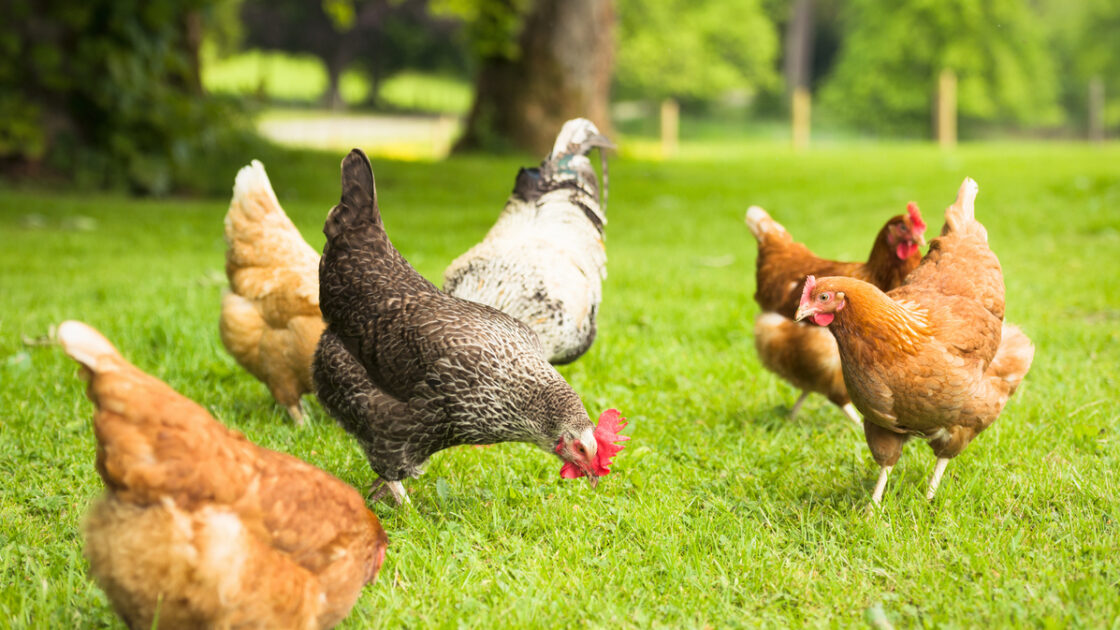Organic Eggs to Finally Come from Free-Roaming Chickens

The USDA has published a new rule granting chickens laying organic eggs one square foot of outdoor space for each 2.25 pounds of poultry in a flock, approximately two square feet per bird.
Until this new rule, which was published on January 19 in the Federal Register, many organic egg producers provided porches instead of true outdoor space for chickens; the USDA claimed that the previous wording of the outdoor space requirement was “ambiguous and unenforceable,” according to Mark Kastel, Senior Farm Policy Analyst at The Cornucopia Institute.
“We’re very happy about the new organic rules,” notes Josh Balk of the Humane Society of the United States. “For so long, there was no definition of ‘outdoor access.'”
About a quarter of organic eggs come from farms that do not currently meet the new standard, according to NPR. These farms will be granted up to five years to change their operations in accordance with the new regulation if they wish to continue selling organic eggs.
Elanor Starmer, who’s in charge of the USDA’s Agriculture Marketing Service Administrator, which runs the National Organic Program, told NPR that “this rule will level the playing field and provide clarity to the industry.”
However, some animal welfare groups, such as the Cornucopia Institute, call the rule “(way) too little and (way) too late.”
“This rule is a result of the USDA’s failure to enforce the clear standards in the current organic regulations that require all livestock to have access to the outdoors,” said Kastel.
“To illustrate how woefully inadequate two square feet is outdoors, to qualify for organic labeling in Europe hens need to be provided a minimum of 43 square feet — and although slightly more expensive, the market penetration for organic eggs in Europe is higher than in the US,” he explains.
Even in the United States, Organic Valley currently requires five square feet of outdoor space per bird, more than double the new minimum.
The new rule also carries stipulations for other livestock, including the prohibition of the docking (removal) of the tail of dairy cows.
While the rule prohibits poultry debeaking for the first time in US history, docking and teeth clipping of hogs and beak trimming of poultry will still be allowed in some cases.
The final rule was developed based upon multiple recommendations from the National Organic Standards Board and public comments from a range of stakeholders.
Related on Organic Authority
Last Major U.S. Supermarket Chain Adopts Cage-Free Eggs Policy
Are Cage Free and Free Range Egg Labels All Cracked Up? [Infographic]
Are Widespread Cage-Free Eggs a Real Victory for Hens and Consumers?

